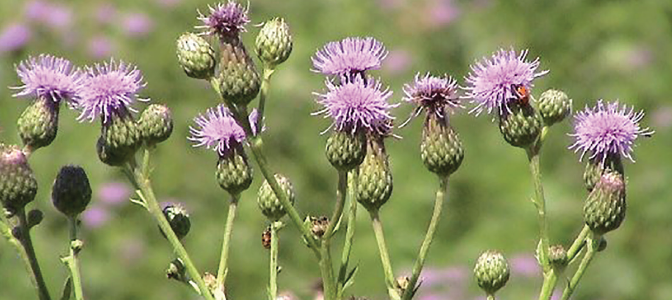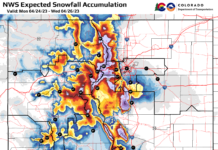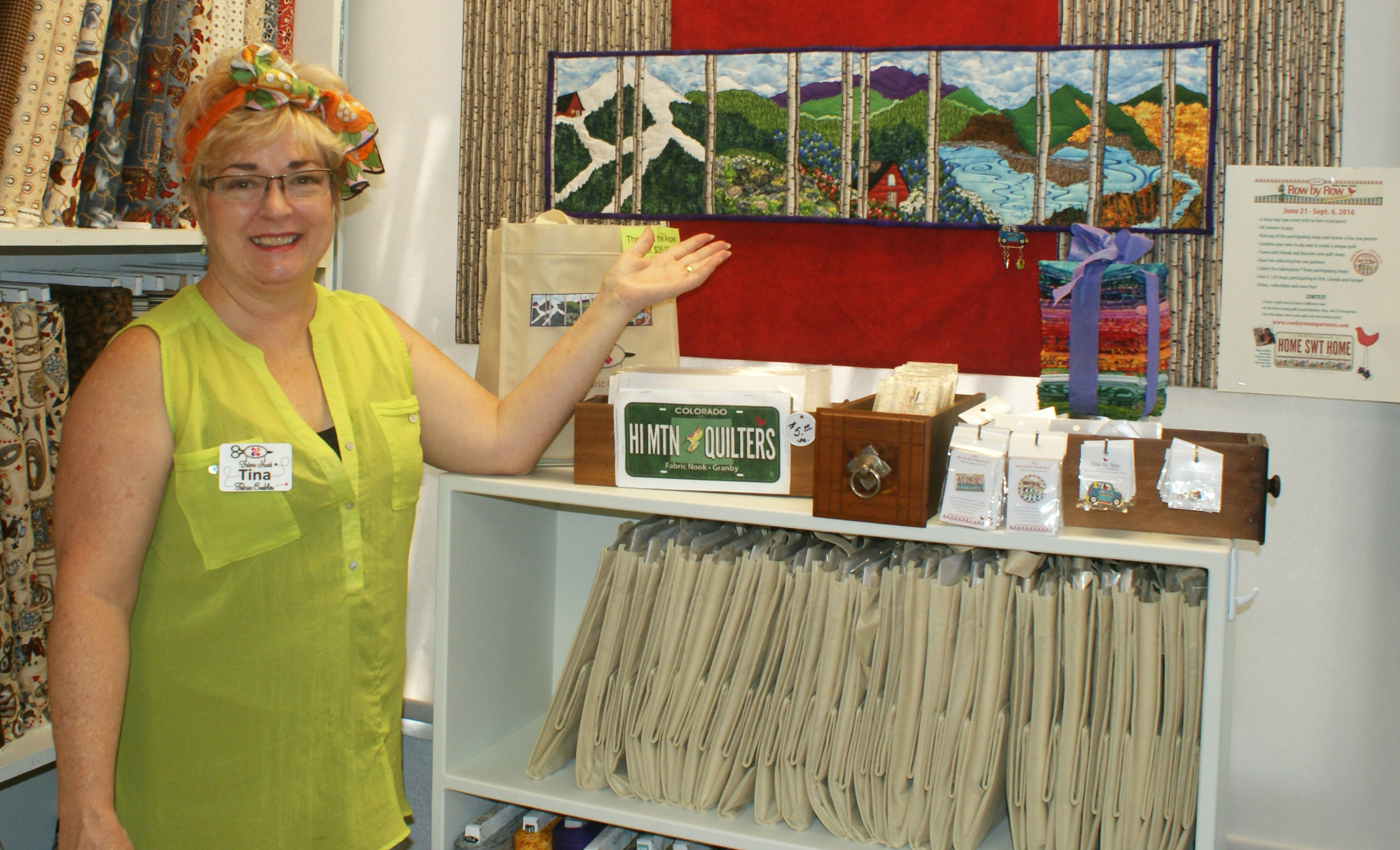by Katlin Miller Middle Park Conservation District
This is the time of year that many people start to notice all the pretty flowers popping up around the county. While many of the flowers are natives and have beneficial ecological purposes, some are noxious weeds and should be suppressed and/or eradicated. Noxious weeds compete with natives for valuable resources; are often hardier and more prolific; and can sometimes wipe out all vegetative diversity in an area, creating a single monoculture. Once established, controlling the spread of weeds may be very difficult, if not impossible. Prevention and early detection are critical to proper weed management. Over the next several weeks, we will present information on noxious weeds found in Grand County and suggest ways to suppress and eradicate them.
Today’s article focuses on good and bad thistles found in Grand County. While many people consider any thistle to be a weed, the truth is that native thistles are anything but a weed. Like the noxious thistles, native thistles also have prickly spines that can get you if you’re not careful. However, unlike noxious thistles, native thistles’ sweet nectar serves as essential food for insects, bees and butterflies. Native thistles are used for medicinal purposes and most are edible. In fact, Native Americans routinely roasted the roots of thistles to supplement their diets. Native thistles are typically more “hairy” with light pink, white, or yellow flowers. The stems will often be a reddish color, especially at the base and in the lower stems. Unlike the noxious thistles which have bright showy flowers, the natives are more muted in color, seeming to blend into the natural environment. The native thistles are the ones that are in bloom now. They tend to be more sporadically spaced throughout the landscape and do not usually grow in bunches. If you see these native thistles, please do not spray or pull them, they are supposed to be here. It is the noxious thistles described below that you need to worry about. Most of these thistles are still in the vegetative state and have not bloomed yet. When they do bloom, they will have pretty, pink or purple flowers.
There are 5 thistles in Grand County that are considered noxious weeds by the State of Colorado; Musk, Canada, Plumeless, Bull, and Scotch thistles. All but the Canada are Biennial plants, meaning that the first year of life they are in a rosette, vegetative stage and in the second year they bolt up (flower and set seed). Although the Biennials can produce tens of thousands of seed, they are easy to kill, by simply digging them out of the ground before seed set. You can dig them out at any stage of growth that you like. If they are going to seed, simply dig them out and place them in a plastic bag and dispose of them. If you just leave them on the ground, they will still go to seed and you will have wasted your time.
The same cannot be said for Canada thistle. Because this plant is a deeprooted creeping perennial, most of the plant is underground, only about a quarter of the plant is above ground. Although it may be tempting to dig this plant, DON’T! Digging only stimulates more growth. Unfortunately, the only sure way to rid yourself of Canada thistle is with an approved herbicide. What is an approved herbicide? The best one on the market for Canada thistle is called Milestone.
Small acreage landowners in Grand County can receive FREE herbicide every week by attending Grand County Natural Resources’ Herbicide Giveaway Day. They have a giveaway every Friday in Granby (469 E Topaz) from 9am- Noon through September 29. They also have a giveaway at the Fairgrounds in Kremmling (9am-Noon) on July 13th, July 27th, August 10th, August 24th, September 7th, and September 21st. You must bring your own backpack sprayer to the giveaway. Herbicide will not be dispensed into anything but a sprayer.
For more information about any of the weeds in Grand County, check out the Grand County DNR website at https:// co.grand.co.us/140/Noxious-Weeds , or call 970-887-0745.








